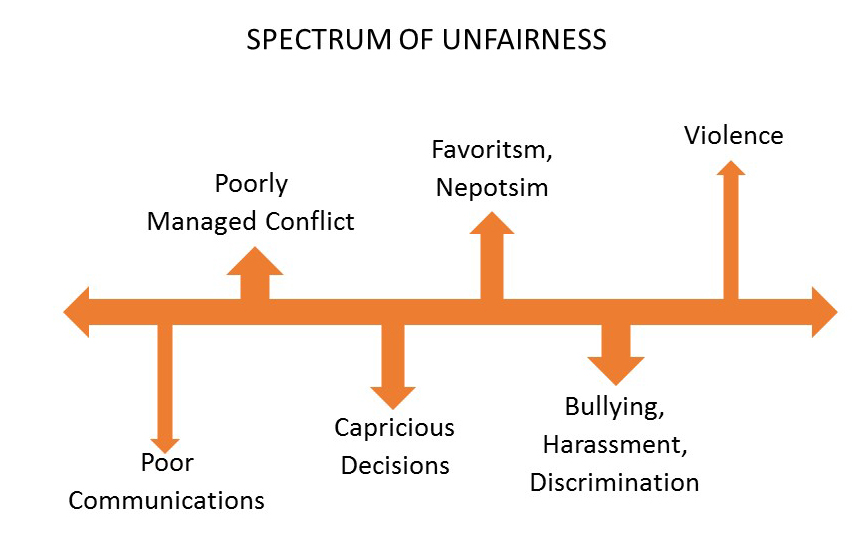Be it because of workplace unfairness or politics, a lot of people in America seem to be angry. At least that’s what the pundits and the leading american republican contender for the American presidency claims. Generally, people seem angry about how they feel that the country is headed in the wrong direction but they’re especially angry at the way they’ve been treated. It’s about the spoils that the “in-crowd” (political insiders, corporate bosses, media and everybody in between that feeds that perceived system of cronyism) is taking from whatever the returning economy is making.
President Obama brushed upon inequality in his State of the Union address in both 2015 and 2016. And although most commentators slammed him for being overly optimistic and out of touch, the public outcry of elements of this inequality is now being channeled through selection of the presidential nominees. (At least this clearly shows the benefit of democracy where public anger can be channeled in a constructive manner by upsetting the ruling political class).
Workplace Unfairness in Companies
This inequality or perceived unfairness is also trickling down to companies. And although most company CEO’s are not moved by the philosophical and/or morale nature of the argument they are certainly moved by the business impact of that perceived unfairness has on employees and their engagement level, and thus the subsequent performance level that drives profit levels.
This is also reflected in Fortune Best Companies to Work For where this year’s best employers have focused on fairness. For example the co-CEO of Whole Foods capping his salary at 19x the average of the workers salary (think in (South) Asia where I primarily operate the average CEO salary of a middle sized company would be at least 100x the average of the workers salary!!) and a number of other companies increasing their minimum salaries to $ 15/hour.
The Spectrum of Workplace Unfairness
Fairness at the workplace however is complex issue and the spectrum of unfairness as articulate by the Workplace Fairness Institute can range from people not communicating appropriately all the way to people beating each other literally on the head.
The 3 Elements of Workplace Fairness
In an earlier article (Life Is Not Fair) I highlighted that fairness is very much driven by the receiver. What one person perceives as unfair treatment could be been seen by someone else as fully justified. Normally 3 main elements come into play if you talk about fairness in the workplace:
- Fairness on Procedures: Do I give everybody the opportunity to be heard and do I handle complaints in a sensitive manner?
- Fairness in How You Distribute Resources: Do I give everybody a similar opportunity and am I transparent in my decisions on how I allocate salary increase, training courses, exciting projects and praise?
- Fairness in Relations: Do I treat people with the same standards and do I recognize and appreciate uniqueness and diversity in people?
(106)





